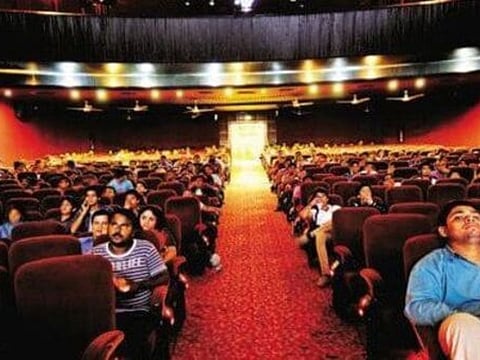

What had started as a marketing tactic to lure more audiences to cinemas is now turning into a nightmare for several film producers, studios, and actors. Many members of the entertainment industry are calling out the trend of having to pay trade analysts, influencers, and even members belonging to specific news outlets for favourable reviews and social media posts, saying the practice has gone out of hand and is in fact, beginning to backfire as audiences can see through such tactics given the quality of the film or show itself.
In some cases, studio heads and producers say not paying the people in question leads to slanderous reviews and posts about the film and its makers. Earlier this year, actor Vidyut Jammwal had accused a trade analyst of demanding a bribe to speak favourably about his film Crakk. A few weeks ago, the makers of the period drama Kalki 2898 AD sent a legal notice to two trade analysts for reporting inaccurate box office numbers and harming the film’s potential performance.
“Producers and their PR (public relations) agencies are to blame for this trend of propping up their films; it has reached a stage of complete ridiculousness. There is no point paying for positive reviews if the film doesn’t ultimately connect with the audience and there is no novelty to the tactic either,” said a senior executive at a film studio who declined to be named. He added that after Covid, it has become a common practice to reach out to self-designated trade analysts with a certain number of followers on social media sites to put out inflated box office figures. Some other micro-influencers may be asked to post positively about the film’s content. Such deals can cost the producers anywhere between ₹50,000 and ₹3 lakh. In some other cases, long-term deals are stuck for multiple films for as much as ₹10 lakh.
“It is common to adopt metrics such as worldwide gross, instead of domestic net, to publish inflated box office figures for the film. Some of this is fine as it leads to more screens and better showcasing in the first week, but it rarely works after the second week. Credibility around the film dwindles because the audience knows when the narrative is forced,” the executive said.
Independent film distributor and exhibitor Akshaye Rathi said the insecurity of actors and creative agencies managing their work has led to such nonsensical practices. “This is happening at a time when producers are bargaining with exhibitors and distributors for as little as 1-2% higher shares of box office, and then lakhs are spent on trolls with zero impact,” Mr Rathi said.
While there are agreements to partner with news companies for media net or some form of paid advertising, besides tying up with influencers with clout on social media, entertainment industry experts said the current trend of pushing narratives via people who have no real understanding of film business or stakes within the industry is resulting in a crop of entities who hold producers to ransom and can turn against them if not paid.
“This is a marketing tool gone bust. Technically, it’s a question of demand and supply because you can’t stop a producer from going all-out if they feel the need to. But it no longer makes a difference because audiences operate on their own judgment,” film producer and exhibition expert Girish Johar said.
(By arrangement with livemint.com)